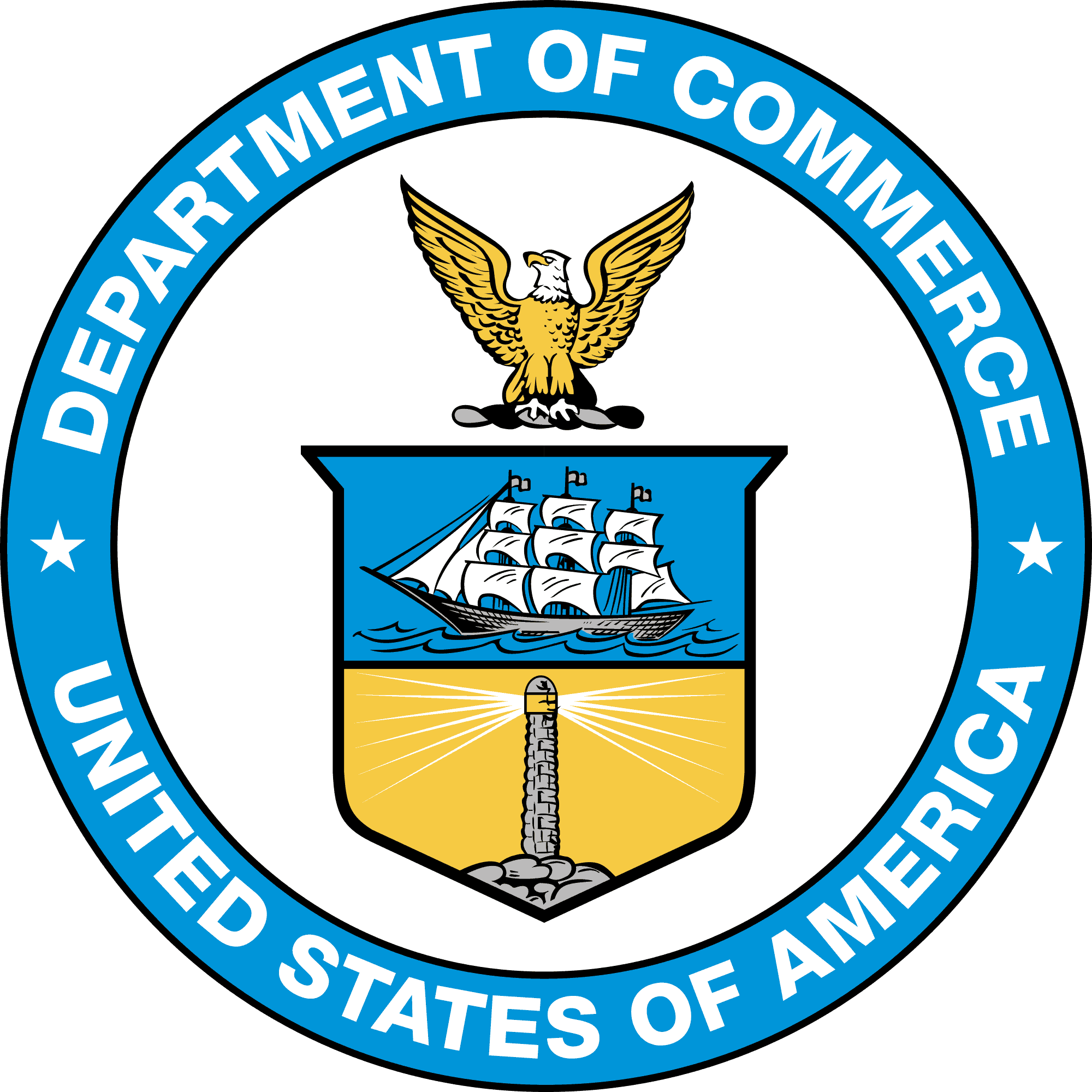Rethinking the Commerce Department

 Why do we have a Department of Commerce at all? That’s the question at the heart of CEI’s new publication in its Shrinking Government Bureaucracy project, Rethinking the Department of Commerce: Free Market Reforms to Reevaluate Commerce’s Mission and Stop Government Favoritism. Because in reality the Commerce Department is a hodge-podge of functions—very few relating to commerce—that amount to a charter for government interference in markets.
Why do we have a Department of Commerce at all? That’s the question at the heart of CEI’s new publication in its Shrinking Government Bureaucracy project, Rethinking the Department of Commerce: Free Market Reforms to Reevaluate Commerce’s Mission and Stop Government Favoritism. Because in reality the Commerce Department is a hodge-podge of functions—very few relating to commerce—that amount to a charter for government interference in markets.
As I say in the memo:
In practice, this means the Department exists to reward businesses for following its favored policies. It provides bailouts, handouts, and the spoils of redistribution. In effect, the Department of Commerce is a boon to rent-seeking businesses. That alone should be reason for its elimination.
But unraveling the tangled web of bureaucracy takes some doing. Some of the Department’s activities could be privatized. Others could be turned into non-profit trusts. Some are, in effect, constitutionally mandated, and need to be housed somewhere, but could be more efficiently located elsewhere. And some can be outright abolished.
The full list of recommendations for what to do with the constituent parts of the Commerce Department includes:
- Break up the National Oceanic and Atmospheric Administration
- Make the National Weather Service (NWS) an independent agency with a view to privatization
- Turn specialized centers like the National Hurricane Center and the National Environmental Satellite Service into charitable trusts
- Transfer the National Ocean Service to the United States Coastguard and the U.S. Geological Survey
- Privatize National Marine Sanctuaries or transfer them to their respective states
- Privatize the Office of Oceanic and Atmospheric Research
- Break up the Office of Marine and Aviation Operations and reassign its assets to other NOAA agencies during this process
- Merge the Census Bureau with other statistics agencies such as the Bureau of Justice Statistics and the Bureau of Labor Statistics to create a National Statistical Agency and privatize as many of these agencies’ functions as possible
- Make the Patent and Trademark Office a performance-based organization under the Office of Management and Budget
- Privatize the laboratories of the National Institute of Standards and Technology
- Abolish the International Trade Administration and transfer its remaining duties to the U.S. Trade Representative
- Abolish the Economic Development Administration and Minority Business Development Administration
- Transfer the Bureau of Industry and Security to the U.S. Trade Representative’s office
- Break up the National Telecommunications and Information Administration and transfer its management of assets to the General Services Administration and its auctioning of spectrum to the Federal Communications Commission
Astute observers will note that there are a couple of recommendations for the privatization of national laboratories in there. That should not be as controversial as it might seem. As the study documents, the United Kingdom successfully privatized several national laboratories in the 1990s, and they have gone on to become world leaders in their fields, attracting far more funding than government could ever find for them.
If government is ever to stop growing, the supporters of limited government will need to provide a successful example of how it can be rolled back. Abolishing a government department would be a clear example of that, and the misnamed Department of Commerce is a good candidate for the head of the line.